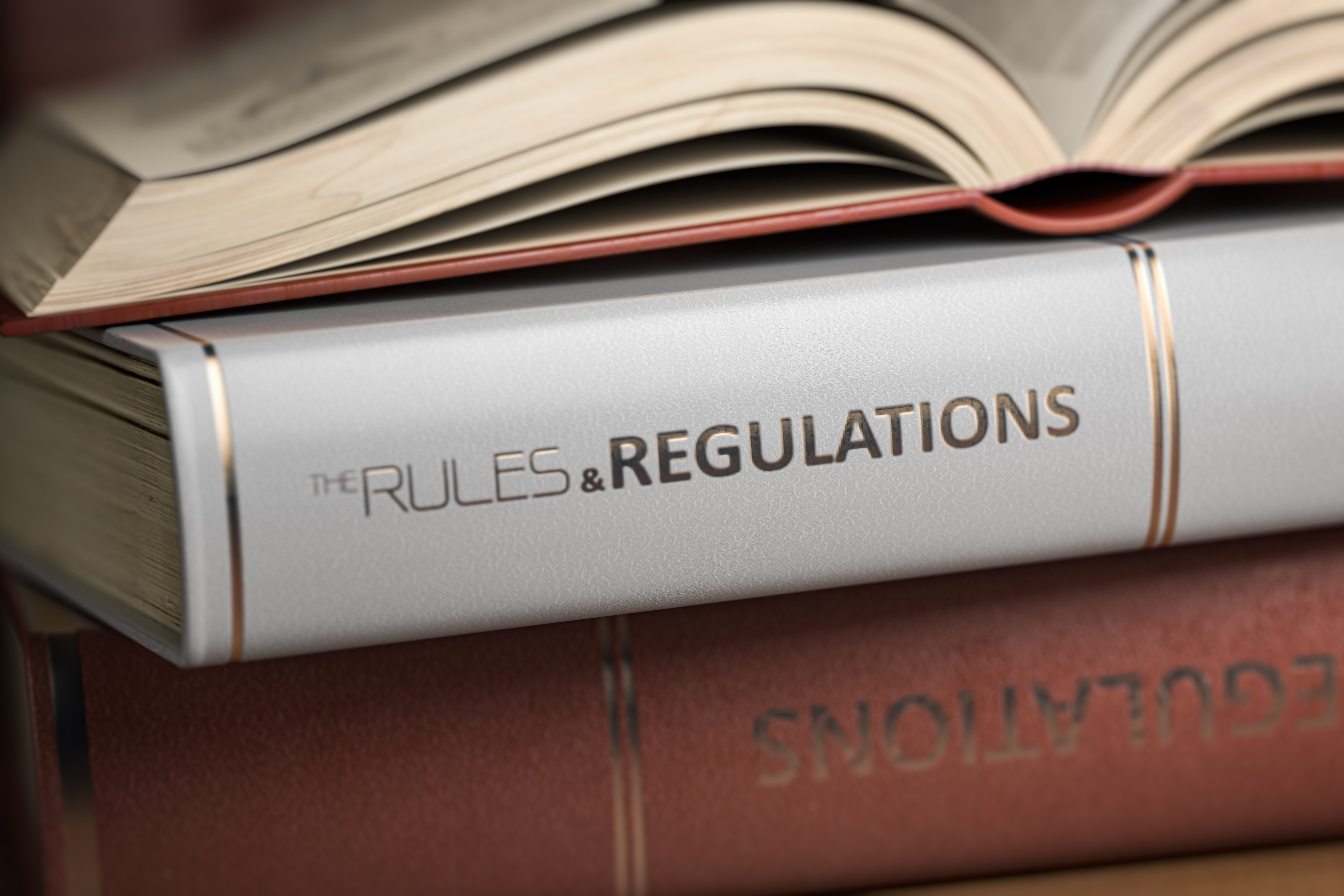There are few topics that engender more confusion than remedies for breach of a mediated settlement agreement. The scope of the rule governing breach and sanctions is greatly circumscribed by the case-law and this conflict warrants discussion. This article will give you what you need to know.
Turning first to the rules, asserting a breach of a mediated settlement agreement appears straightforward. Rule 1.730(d) provides:
Imposition of Sanctions. In the event of any breach or failure to perform under the agreement, the court upon motion may impose sanctions, including costs, attorneys’ fees, or other appropriate remedies including entry of judgment on the agreement.
So, if there is a breach of a mediated settlement agreement the obvious solution is to file a “Motion for Sanctions” under the rule. As the venerable Lee Corso often exclaims, “NOT SO FAST!”
If a party has breached a contract, the remedy lies in a suit for breach of contract. The utility of Rule 1.730(d) is extremely limited. Decisions from the Florida Supreme Court and appellate courts make clear that the court having jurisdiction over the underlying dispute does not have jurisdiction to adjudicate a breach of a settlement agreement arising from the filed lawsuit. Paulucci v. General Dynamics Corp., 842 So.2d 797, 803 (Fla. 2003).MCR Funding v. CMG Funding Corp., 771 So.2d 32 (Fla. 4th DCA 2000); Naghtin v. Jones, 680 So.2d 573, 580 (Fla. 1st DCA 1996)(the trial court would not have jurisdiction over a dispute arising out of the settlement agreement merely by virtue of having had jurisdiction over the case that was settled).
When can you file a motion under Rule 1.730(d)? When does it apply? The answer is not obvious but CMG Funding and Naghtin make clear that if the agreement had been filed with court as contemplated by Rule 1.730(b), that is, incorporated into an order or final judgment, then a motion to enforce the order or judgment would be appropriate. This makes sense because if the settlement agreement becomes an “order of the court” the court has plenary authority to enforce its own judgments and orders. It is well-established, however, that even if the agreement is part of the final judgment, the extent of the court’s continuing jurisdiction to enforce the terms of the settlement agreement is circumscribed by the terms of that agreement. See Platinum Luxury Auctions v Concierge Auctions, LLC, 227 So.3d 685 (Fla. 3rd DCA 2017) citing Paulucci and other authorities. A trial court exceeds the jurisdiction it reserved for itself when it grants to a party seeking enforcement relief that is beyond the obligations set forth in the parties’ settlement agreement.
Rule 1.730(d) would apply to what we might term procedural problems short of a monetary breach. This might include a failure to attend, breach of mediation
confidentiality under Chapter 44, or misconduct that is actionable within one of the enumerated exceptions to confidentiality.
If there is a breach of a settlement agreement and the underlying case has not been dismissed, the procedurally correct action is to file a supplemental complaint for breach of the agreement under Rule 1.190(d) which allows a party to plead new events or transactions that occur after suit is filed. If the underlying case was dismissed, one should file a new suit in contract. Proceeding in contract makes sense. It would allow you to join, for example, insurance carriers or other parties needed for complete relief. Additionally, pleading in contract creates a basis to raise contract defenses, and sets up a factual dispute to be tried. How would you plead in opposition to a mere motion asserting breach of contract? New pleadings are necessary to secure subject matter and personal jurisdiction over the breaching parties from whom relief is sought. The committees that look over the rules should recommend we amend Rule 1.730(d) to reflect the controlling decisional law that undercuts the superficial breadth of the rule.

